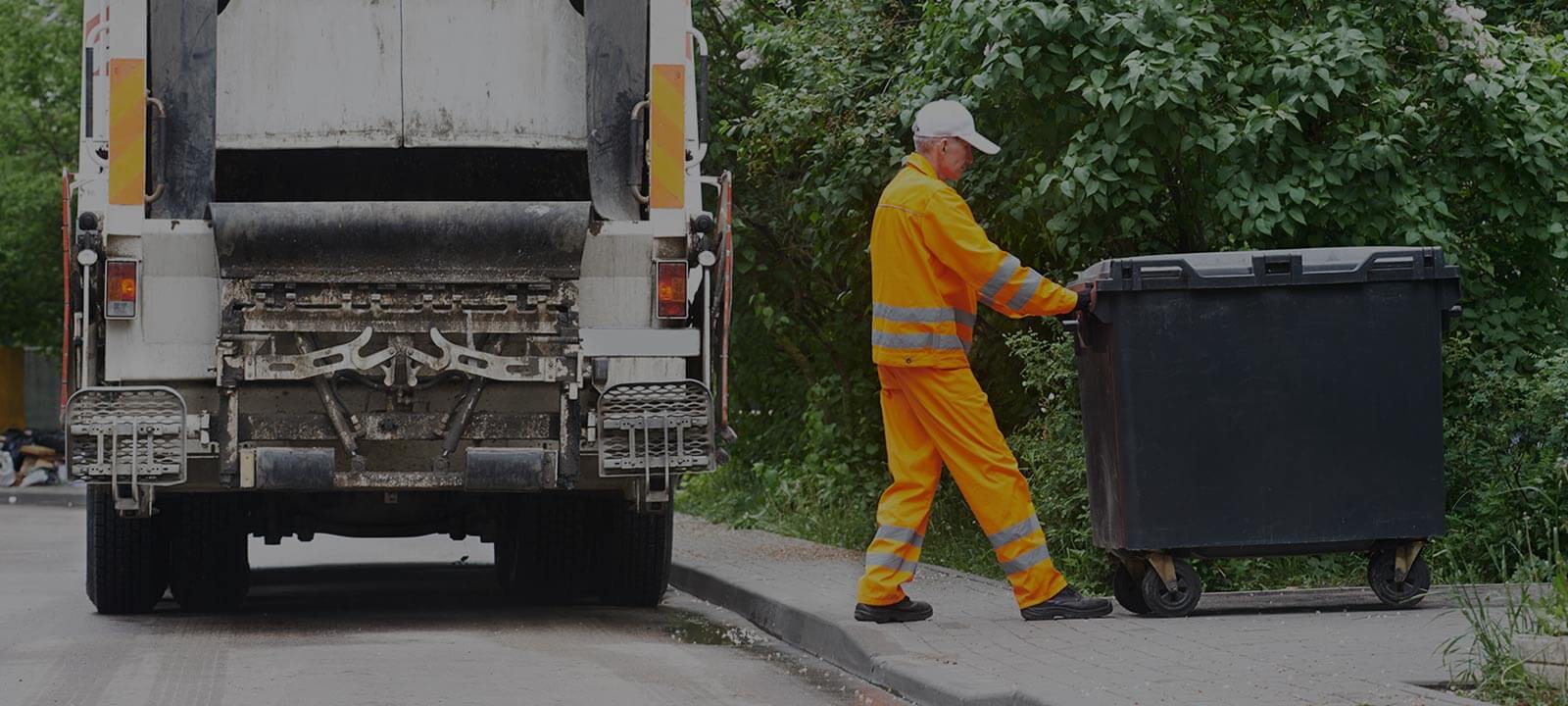Fly-Tipping: A Public Nuisance
Posted on 22/08/2025
Fly-tipping, also known as illegal dumping, is the unlawful disposal of waste onto land that is not designated for waste management purposes. This can include anything from household refuse and garden waste to commercial and industrial waste. The problem of fly-tipping has become a severe issue worldwide, causing significant harm to the environment, public health, and local communities.
The Environmental Impact of Fly-Tipping
One of the most significant consequences of fly-tipping is its detrimental effect on the environment. Illegally dumped waste can pollute soil and water sources, affecting ecosystems and wildlife. Toxic substances leaching from dumped items can contaminate groundwater, making it unsafe for consumption. The presence of waste also attracts vermin and pests, which can lead to the spread of diseases.

Impact on Public Health and Safety
Fly-tipping poses a direct threat to public health. Illegal dump sites often contain hazardous materials, including sharp objects, chemicals, and medical waste, which can cause injury or illness. Furthermore, the accumulation of waste can create fire hazards, particularly if flammable materials are involved. The unsightly nature of dumped waste also affects community morale and property values, making neighborhoods less desirable places to live.
Economic Consequences of Fly-Tipping
Local authorities and taxpayers bear significant costs due to fly-tipping. Councils spend millions of dollars annually on cleaning up illegal dump sites, diverting funds from other essential public services. Additionally, businesses may suffer economic losses, as illegal dumping can deter customers and clients. The costs of addressing environmental damage and public health issues caused by fly-tipping further burden communities financially.
Legal Implications
Fly-tipping is a criminal offense which can result in severe penalties. Those caught dumping waste illegally may face substantial fines, vehicle seizure, and even imprisonment. Many jurisdictions have introduced robust legislation to combat fly-tipping, including surveillance measures and public reporting systems. However, enforcing these laws can be challenging due to the covert nature of the activity.
Prevention and Reporting
Preventing fly-tipping requires a multi-faceted approach. Local authorities can implement better waste management systems, providing adequate disposal facilities and regular collection services. Public awareness campaigns can educate communities about the legal and environmental repercussions of fly-tipping. Additionally, encouraging the public to report incidents of illegal dumping can significantly aid in identifying and prosecuting offenders.
Pros and Cons
Pros of Addressing Fly-Tipping
- Improves environmental quality by reducing pollution.
- Enhances public health and safety by eliminating hazardous waste.
- Boosts community pride and property values.
- Alleviates economic burden on local authorities and taxpayers.
- Promotes a sense of responsibility and legal compliance.
Cons of Addressing Fly-Tipping
- High costs of surveillance and enforcement measures.
- Allocation of significant resources for clean-up efforts.
- Possible invasion of privacy due to increased surveillance.
- Challenges in catching perpetrators due to the discreet nature of the crime.
Tips to Prevent Fly-Tipping
- Ensure waste is disposed of through authorized and appropriate channels.
- Opt for waste collection services provided by reputable companies.
- Keep records of waste disposal to provide evidence if needed.
- Participate in community clean-up events to discourage illegal dumping.
- Report suspicious activities and illegal dump sites to local authorities.

Key Takeaways
- Fly-tipping poses a severe threat to the environment, public health, and safety.
- Illegal dumping incurs significant economic costs for local communities.
- Enforcement of anti-fly-tipping laws is crucial but challenging.
- Raising public awareness and participation is essential in tackling the problem.
Conclusion
Fly-tipping is a pervasive issue that affects multiple aspects of society. From environmental degradation to public health risks and economic costs, the adverse effects of illegal dumping are far-reaching. Addressing this problem requires cooperation between local authorities, communities, and individuals. By adhering to lawful waste disposal practices, reporting illegal dumping, and supporting public policies aimed at reducing fly-tipping, we can work together to create cleaner, safer, and more pleasant environments for all.
Latest Posts
Reusing for Resource Conservation
Industry applauds government's dedication to improving e-waste recycling practices






